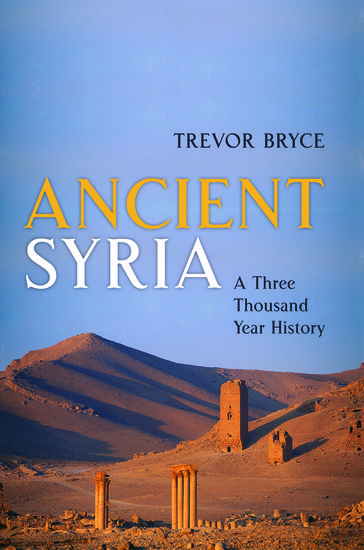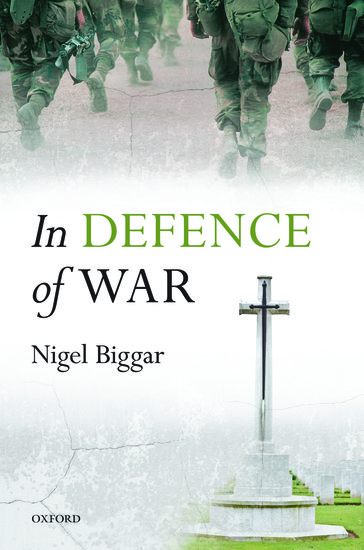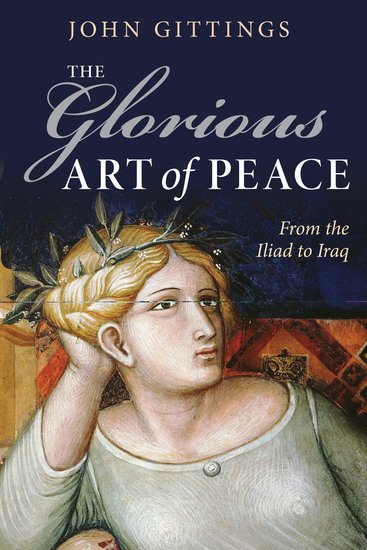Thinking about Islam and Islamism after the Arab Spring
With turmoil in the Middle East, from Egypt’s changing government to the emergence of the Isalmic State, we recently sat down with Shadi Hamid, author of Temptations of Power: Islamists and Illiberal Democracy in a New Middle East, to discuss about his research before and during the Arab Spring, working with Islamists across the Middle East, and his thoughts on the future of the region.










